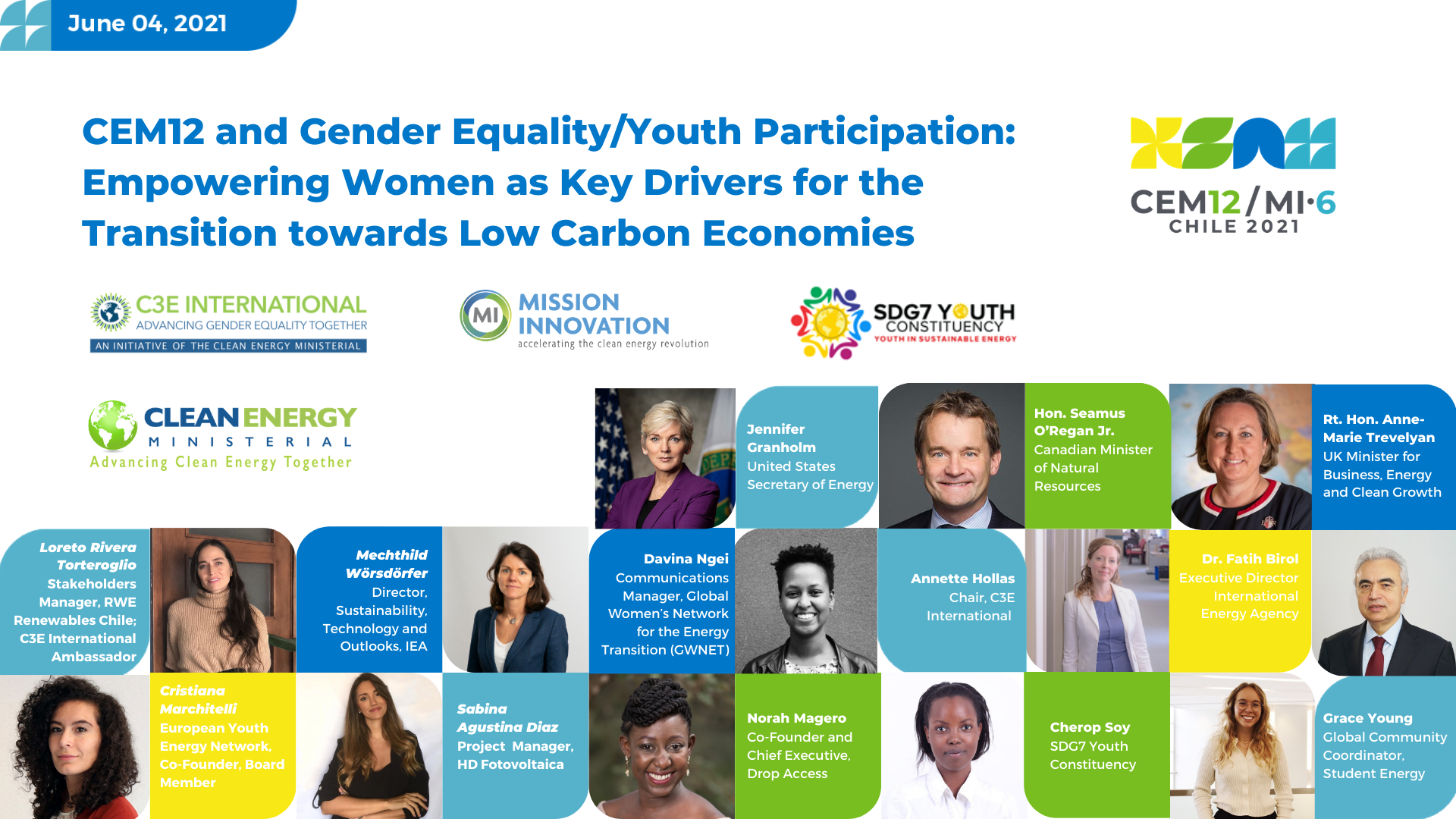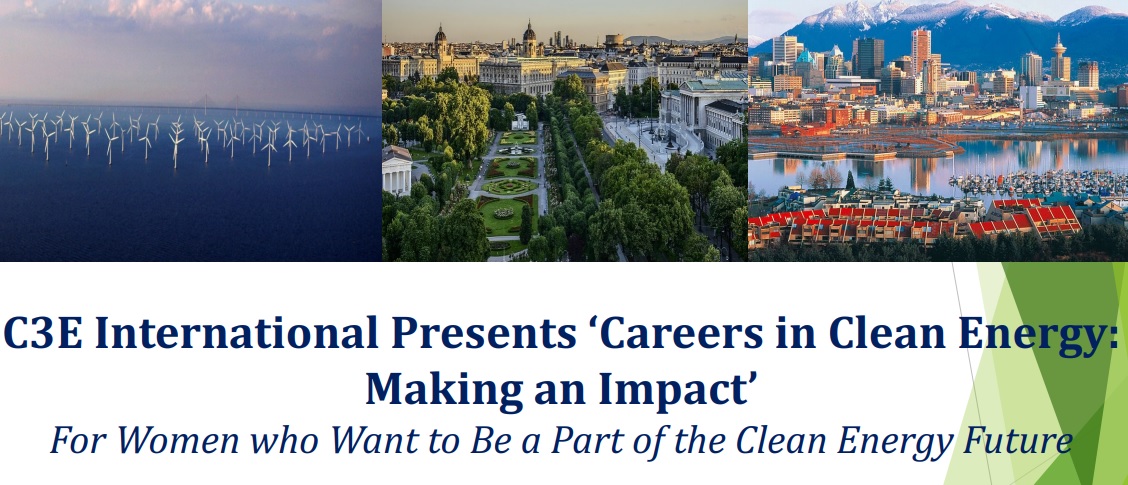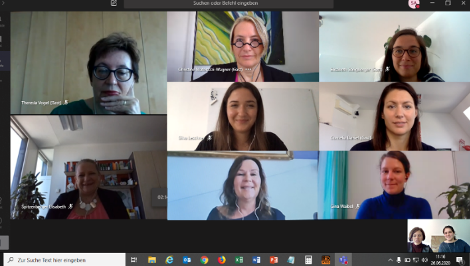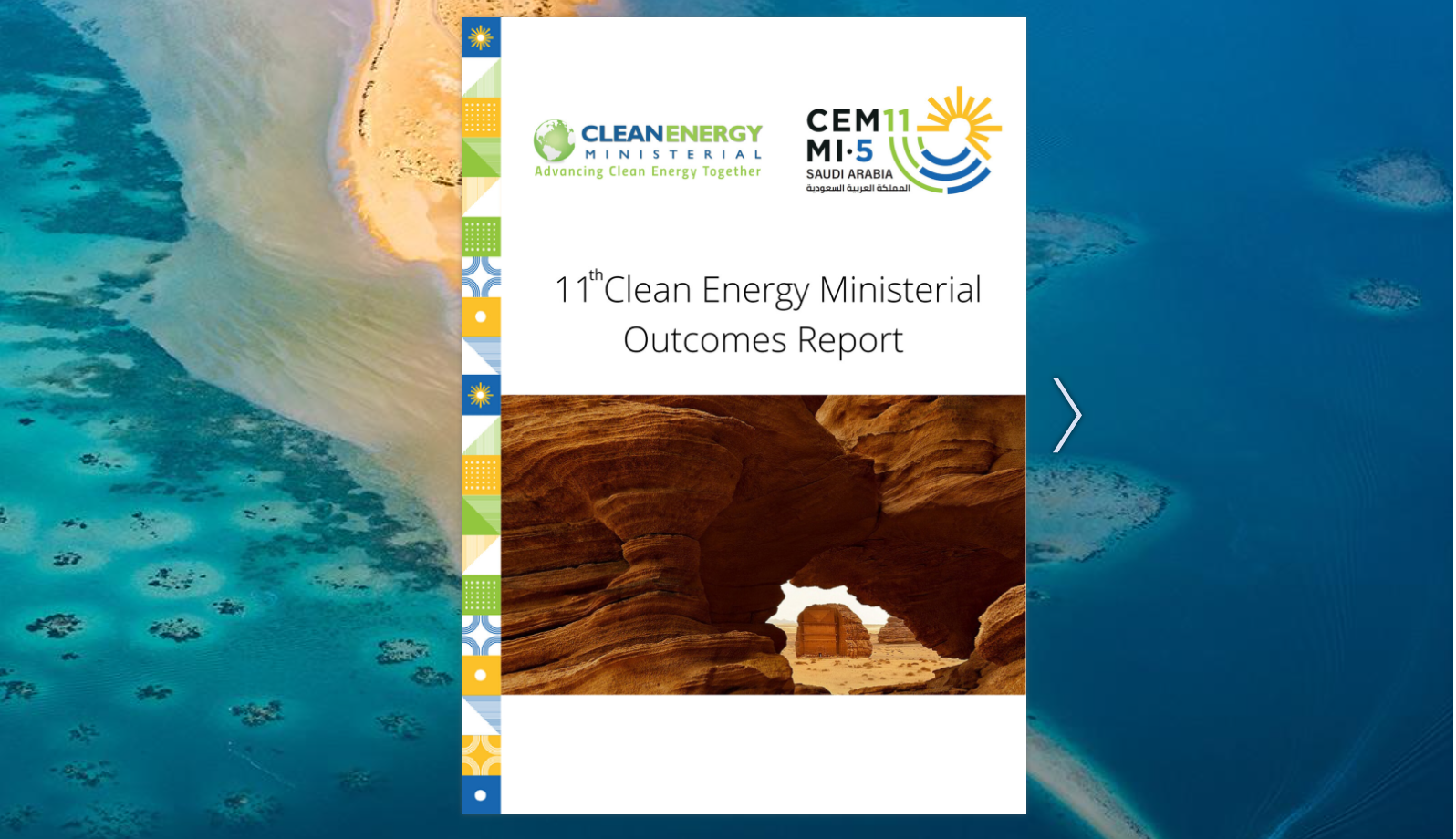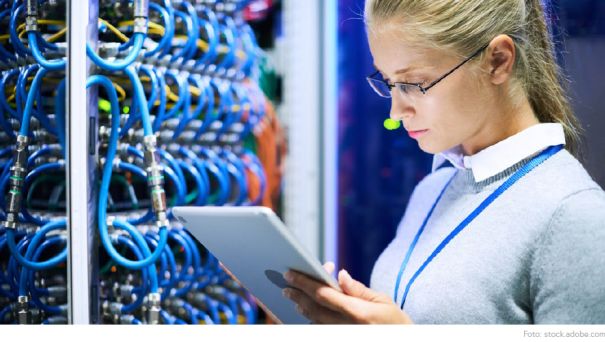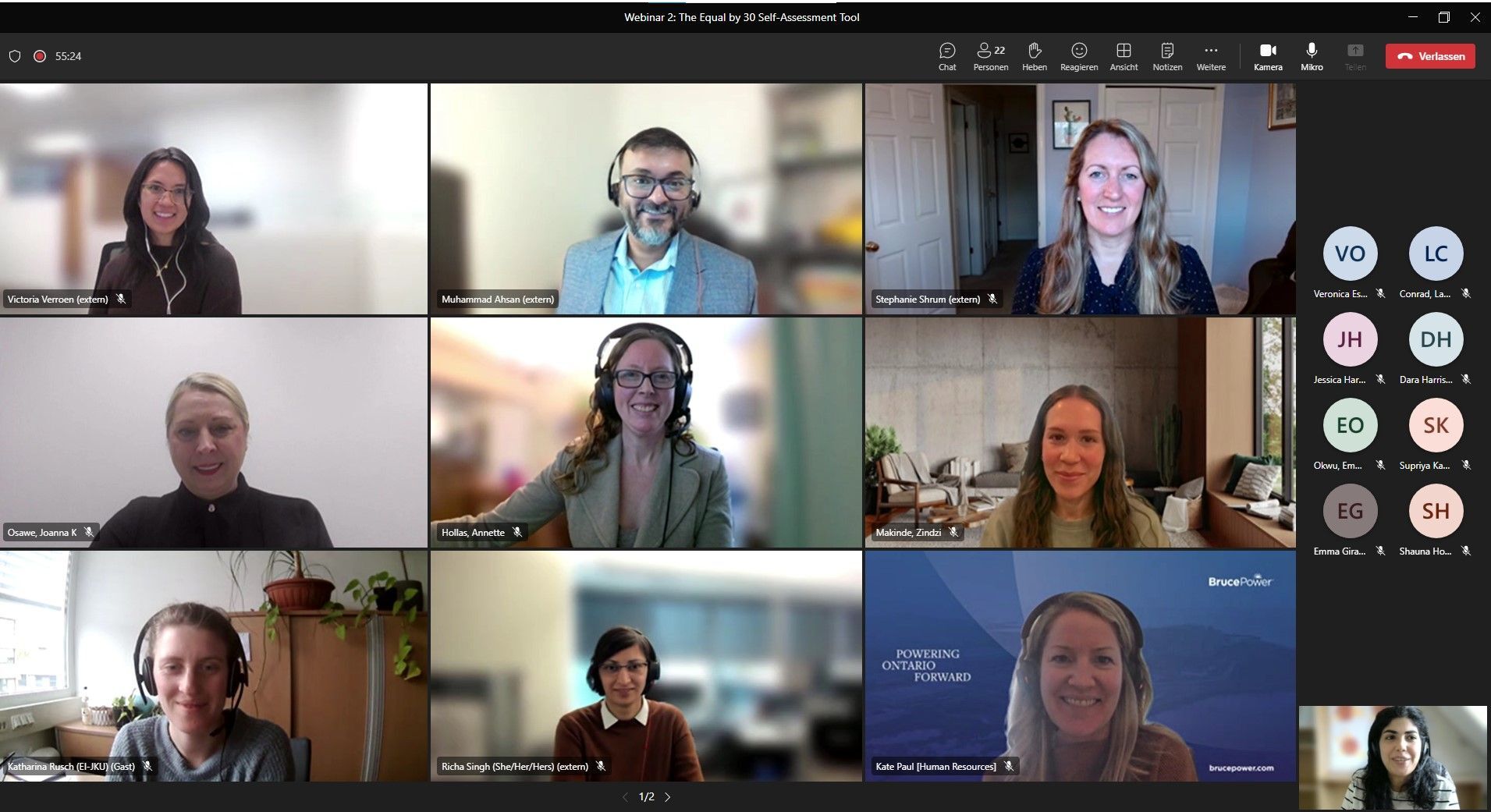
Electricity Human Resources Canada (EHRC), in collaboration with Natural Resources Canada’s Equal by 30 (a campaign of the Equality in Energy Transitions Initiative), organized a series of two webinars to evaluate the ease-of-use and effectiveness of the newly released Equal by 30 Self-Assessment Tool. The webinars were conducted in an interactive format and led by Diversity Specialist Muhammad Ahsan. The first webinar took place on March 21, 2024, and the second on April 4, 2024. The overall objective of these events was to introduce the self-assessment tool, guide participants through its application, and gather feedback for further refinement. These webinars aimed to help organizations advance their inclusion, diversity, equity, and accessibility (IDEA) practices within the clean energy sector by 2030.
Recap of “Webinar 1: The Equal by 30 Self-Assessment Tool Meeting”
“Webinar 1: The Equal by 30 Self-Assessment Tool Meeting” coincided with the International Day for the Elimination of Racial Discrimination and World Down Syndrome Day. Muhammad Ahsan introduced speakers from Natural Resources Canada and EHRC, highlighting the importance of the Equal by 30 campaign. He emphasized the strategic value of regular assessments in fostering an inclusive culture and ensuring impactful efforts.
The webinar provided a comprehensive overview of the Equal by 30 self-assessment tool, which helps organizations evaluate their IDEA practices, identify strengths and weaknesses, benchmark progress, and collaborate with other signatories. This voluntary and confidential tool is available in both Canadian and international editions, with the Canadian edition including an indigenous component.
The tool is structured into seven sections: equal pay, equal leadership, opportunities, inclusive culture, fair management, career development, and workplace safety and harassment. Organizations are advised to use the tool annually to track progress and refine their strategies. The session also included a discussion on the intersectional approach to pay equity and the importance of transparency and accountability in reporting progress.
During the Q&A session, concerns about the tool’s focus on multiple forms of discrimination were addressed, reinforcing the validity of focusing on gender equality while encouraging broader equity efforts. Participants were invited to provide feedback on the tool and engage in future consultations to advance IDEA within their organizations. The session concluded with an announcement about the upcoming second webinar on April 4, which would involve an interactive session with Equal by 30 signatories who have already used the tool.
Recap of “Webinar 2: The Equal by 30 Self-Assessment Tool Meeting”
The second webinar, held on April 4, 2024, featured an interactive session where participants who have already used the tool in their organizations shared their experiences. Muhammad Ahsan welcomed attendees and acknowledged the significance of land acknowledgment. He introduced the team from Natural Resources Canada and EHRC, who manage the Equal by 30 campaign—a public commitment by organizations to advance IDEA in the clean energy sector by 2030.
Participants shared positive feedback on the self-assessment tool, noting its accessibility, ease of use, and relevance. The discussion covered essential areas such as equal pay, equal leadership, opportunities, inclusive culture, fair management, career development, workplace safety, and harassment. The webinar highlighted the importance of workplace safety and addressing unconscious bias, emphasizing the tool’s potential impact on organizational change.
Case studies of Alphatech and Beta Corp were presented to demonstrate different approaches to achieving pay equity and highlight the importance of transparency, accountability, and international partnerships in meeting gender equality goals. Joanna Osawe, President and CEO of Women in Renewable Energy (WiRE), shared her positive experiences with the self-assessment tool, underscoring the importance of reflecting on areas for improvement and the role of male allies in promoting gender equality.
The session concluded with a call for continued collaboration, participation, and feedback. Participants were encouraged to share their experiences and promote the tool and campaign. The webinar ended with expressions of gratitude for the attendees’ engagement and contributions, reinforcing the collaborative spirit necessary to advance IDEA in the clean energy sector.
Check out the recordings of both webinars:
Webinar 1


